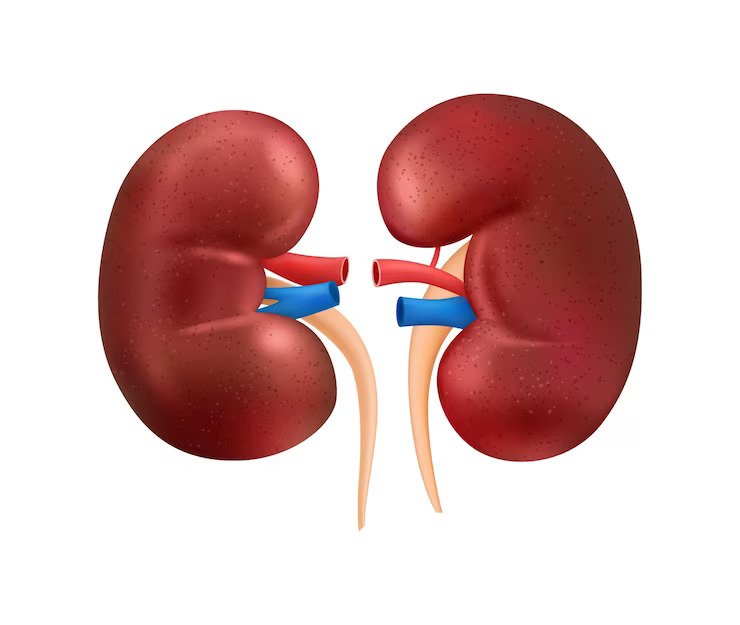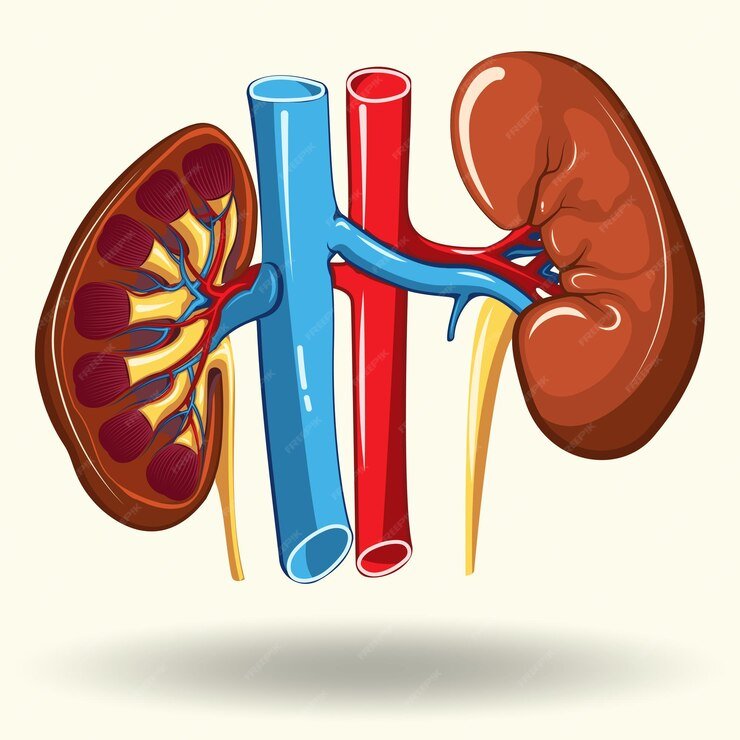The Roots Signs and Approaches to Combat Kidney Cancer.
Kidney cancer, medically referred to as renal cell carcinoma (RCC), is a formidable adversary that demands a deep understanding of its origins, manifestation, and effective combat strategies. This article delves into the intricate world of kidney cancer, shedding light on its roots, recognizing signs, and exploring diverse approaches to confront and manage this formidable disease.
To Know More About It Please Click Here
The Roots of Kidney Cancer
- Genetic Predispositions: Understanding the genetic factors associated with kidney cancer is essential. Certain hereditary conditions, such as von Hippel-Lindau disease, pose an increased risk, emphasizing the role of genetics in the development of kidney tumors.
- Environmental Influences: Exposures to environmental factors, including carcinogens and toxins, may contribute to the development of kidney cancer. Occupational hazards and lifestyle choices can play a role in increasing susceptibility.
- Vascular and Metabolic Connections: The intricate relationship between kidney cancer and vascular health underscores the importance of investigating how blood flow and metabolic factors influence tumor growth. Conditions like obesity and hypertension are intricately linked to kidney cancer development.
Signs and Symptoms
- Hematuria – A Silent Clue: Blood in the urine, known as hematuria, is a common yet often overlooked sign of kidney cancer. Recognizing this subtle clue is crucial for early detection.
- Painful Whispers: Persistent pain or pressure in the side or lower back may be an early whisper of kidney cancer. Understanding the nuances of this discomfort can aid in timely diagnosis.
- Weight Loss and Fatigue: Unexplained weight loss and persistent fatigue may be subtle indicators of advanced kidney cancer. Monitoring these changes is critical for prompt medical intervention.
- Feverish Hints: The emergence of fever and night sweats, although less common, can be significant signs, especially in more advanced stages of kidney cancer.
Approaches to Combat Kidney Cancer
- Precision Strikes with Surgery: Surgical interventions, such as nephrectomy or partial nephrectomy, remain cornerstone treatments for kidney cancer. Precision surgeries aim to remove tumors while preserving kidney function whenever possible.
- Targeted Therapies – Guided Precision: Targeted therapies, utilizing drugs like tyrosine kinase inhibitors and immune checkpoint inhibitors, focus on disrupting specific molecular pathways involved in cancer growth. These advanced treatments offer a more precise approach to combatting kidney cancer.
- Radiation Therapy’s Strategic Role: While less commonly used, radiation therapy may play a strategic role in treating kidney cancer, particularly in cases where surgery is not feasible.
- Chemotherapy and Immunotherapy: Traditional chemotherapy’s role in kidney cancer is limited, but novel immunotherapy approaches show promise in stimulating the body’s immune system to combat cancer cells.
- Clinical Trials – Pioneering the Future: Engaging in clinical trials provides patients with access to groundbreaking treatments still in the experimental stage, offering hope and contributing to the advancement of kidney cancer research.
To Know More About It Please Click Here
Conclusion
Navigating the complexities of kidney cancer requires a multifaceted understanding of its roots, vigilant recognition of signs, and the exploration of evolving combat strategies. Advances in research and treatment modalities offer renewed hope for those facing this formidable adversary. By staying informed, seeking timely medical attention, and embracing innovative therapies, individuals and healthcare professionals can collaboratively work towards better outcomes in the battle against kidney cancer.







